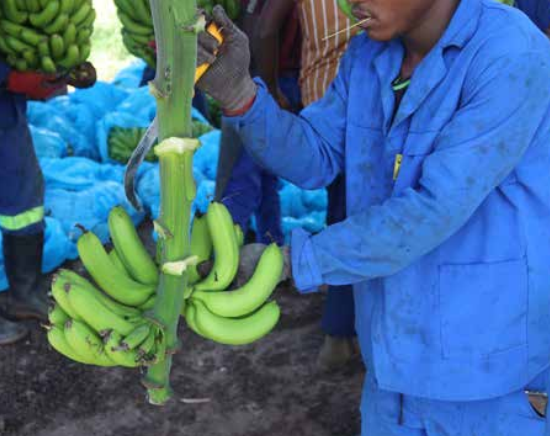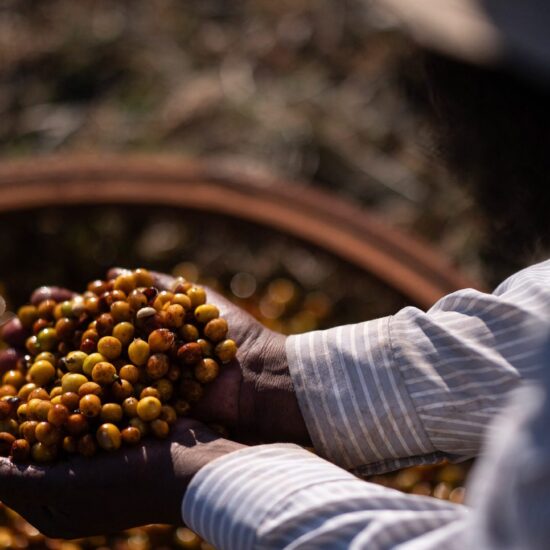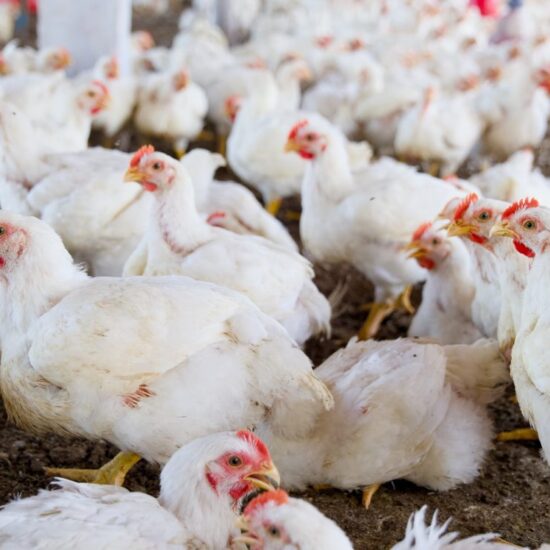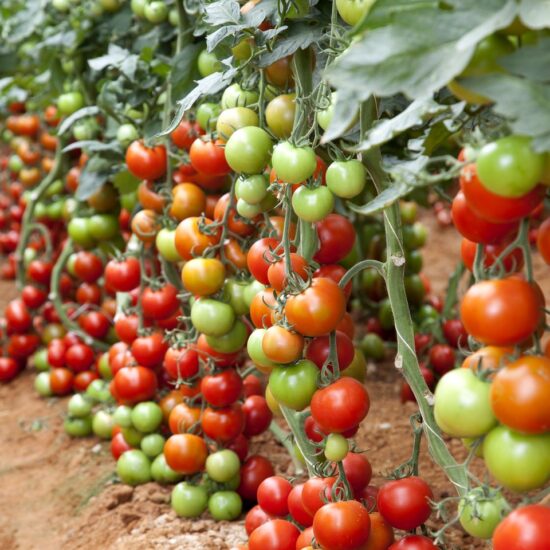
The Ministry of Livestock has clarified that the suspension of the issuance of export permits for day old chicks is not a ban but a “temporal suspension” meant to address the escalating demand within the country which has led to shortages on the local market.
Ministry of Livestock and Fisheries Permanent Secretary Benson Mwenya told the Zambian Business Times – ZBT that the demand for day old chicks has continued to increase with close to 2 million chicks needed every week. There is need to appreciate that companies need to satisfy the local market first before resorting to exporting the excess,
Mwenya said the demand (both local and export) for day old chicks has outstripped the supply and that is why people have continued to wait longer periods for their day old chicks once they place orders with the various suppliers on the market. This situation has also lead to increased prices on the local market.
When asked why the suppliers are not expanding to satisfy both the local and export market, the Livestock PS stated that producers of day old chicks are willing to expand their production due to the growing demand but the expansion will be gradual, adding that it will take time for the expansion to take effect because producers need to invest in the grandparent stock.
“In the production of day old chicks it takes a longer time because you have to invest in the grand parent stock, so the cycle takes about 24-27 weeks before the chickens start hatching. So for one to expand, it takes a bit of time. You have to start with the grandparent stock, the parent stock then they produce the chicken”, he said.
He said producers have begun expanding their production but it may take even seven months for production to increase adding that producers are also cautious and want to ensure that the demand will remain high even after increasing production.
He mentioned that the suspension of export permits would allow stakeholders to analyze the situation in terms of how much is available and how much can be exported in order to come up with a better solution for both the suppliers and consumers. We have to come up with a win win situation that allows the satisfaction of the local market as well as the export market.
“It’s not a ban, it’s just a suspension, there is pressure where somebody buys their chicks today but receives them after three months, so we are trying to put a stop to this. We are looking at our statistics, where are we, how much can we allow for export but that will take a bit of time, so that we see the true picture”, he said.
He noted that suppliers of day old chicks are also exporting fertilized eggs, which are hatching in the countries they have been exported to, and this has contributed to the shortage of day old chicks on the market.
Mwenya said this is a temporal suspension, which will not affect the value of kwacha in terms of appreciation or depreciation adding that there should not be any price hikes because the kwacha is appreciating.
He explained that suppliers of day old chicks need to satisfy the local market first before they can export as there will be no need for companies to continue exporting and earn forex meanwhile the products on the local market are expensive.
He emphasized that this is a temporal suspension and not a complete ban, which will assist government to get accurate figures so that it can advise stakeholders accordingly and see how everyone involved can benefit.







